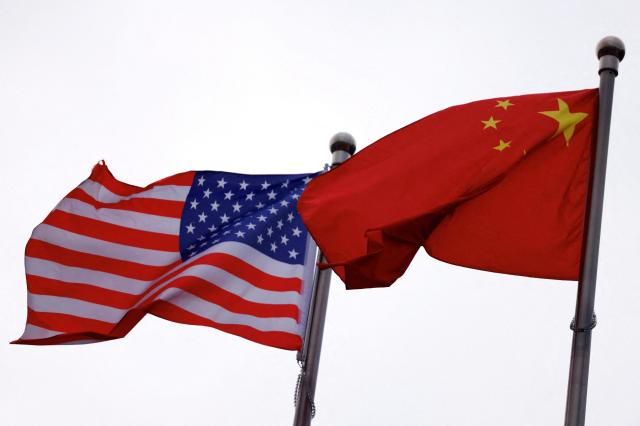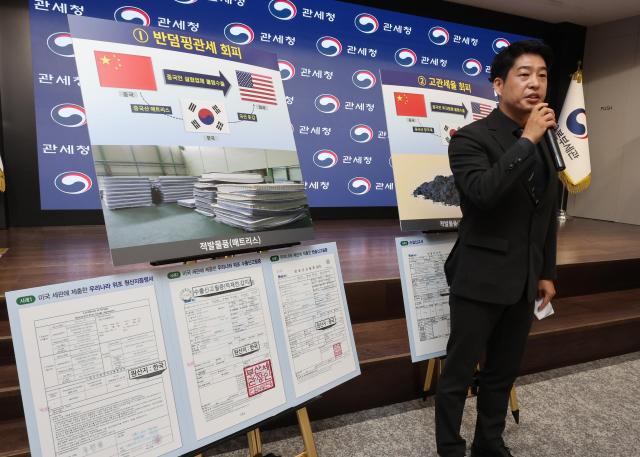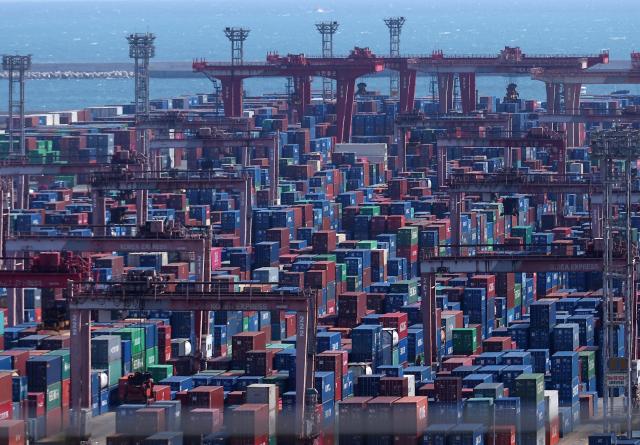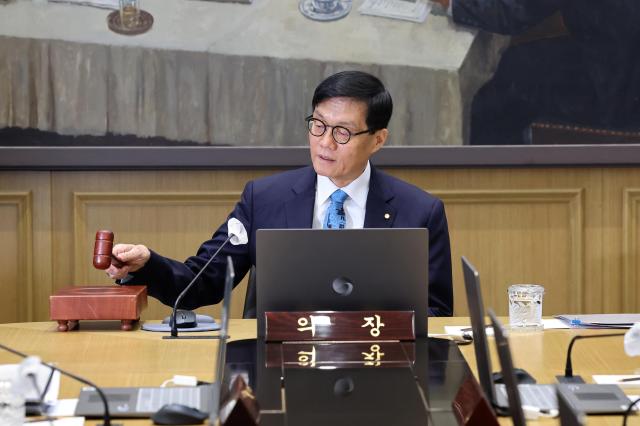
The analysis underscores the deepening vulnerability of export-driven economies like South Korea's amid intensifying geopolitical frictions between the world’s two largest economies.
Even under scenarios in which Seoul manages to secure more favorable terms with Washington, economists warn that the broader conflict could deliver a lasting blow to growth.
"Even if U.S.-Korea trade negotiations conclude successfully, the continued conflict between the U.S. and China will make it difficult to substantially alleviate the negative impact of tariffs on growth rates," said Kim Jin-wook, chief economist at Citi Research.
The report outlines three trade scenarios with varying degrees of severity.
In the most adverse cases, where tariffs remain high and retaliatory measures persist, South Korea's gross domestic product could shrink by 0.5 percentage points this year, with deeper declines of up to 2.3 percentage points projected by 2026.
Those conditions could prompt the Bank of Korea to cut its benchmark interest rate sharply — from the current 2.75 percent to as low as 1.00 percent by the end of next year.
A more optimistic outlook assumes easing tensions between Washington and Beijing, including a significant reduction in Chinese retaliation.
Under this scenario, South Korea's economic drag would be more modest, with growth trimmed by just 0.2 percentage points this year and 0.9 points in 2026. The central bank would likely respond with a milder rate cut to 2.00 percent.
Citigroup had initially forecast 2025 growth at 0.8 percent and 1.6 percent for 2026, but noted that its projections carry a high degree of uncertainty due to the unpredictable nature of global trade policy.
Copyright ⓒ Aju Press All rights reserved.





View more comments